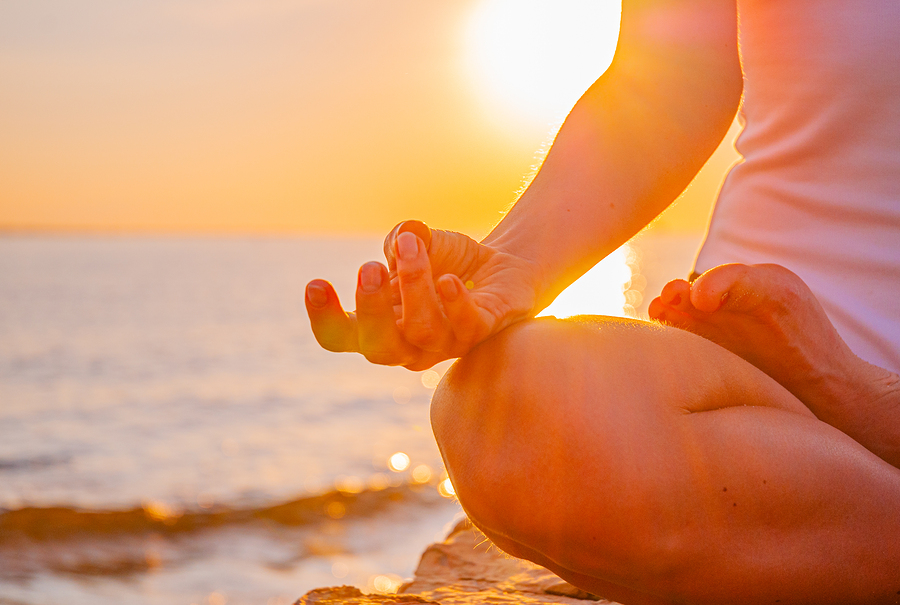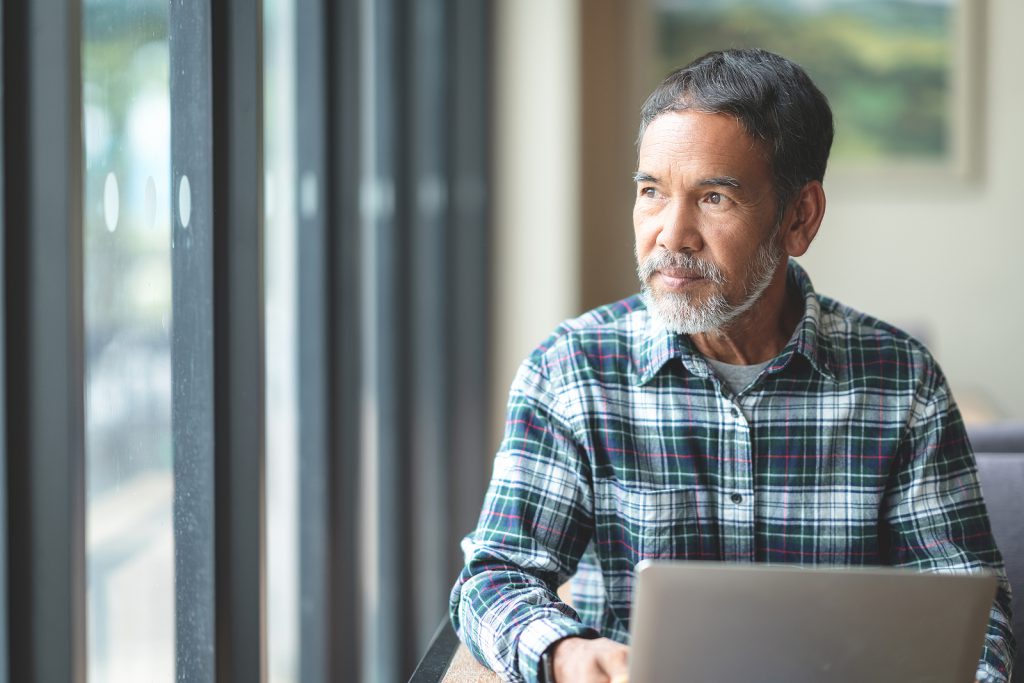
Research now shows that the outdoors, especially green spaces, have restorative properties. This means that spending some time outside can help you become healthier and happier. The effects of being outdoors on the body include lower blood pressure, improved heart rate, and increased physical activity. Being outside also positively affects mental health by lowering stress, elevating the mood, and even decreasing the risk of developing psychiatric disorders. More and more doctors are informing their patients of the possible benefits of spending time in green spaces.
One of the latest studies that support the physical and mental benefits of spending time outdoors is published in the International Journal of Environmental Research. The results of the study show that it takes very little time for a person to enjoy the positive effects of being outside. According to the research, spending just 20 minutes in a green space like the local park is enough to improve health and well-being. You can enjoy those benefits even if you don’t exercise in those few minutes.
The participants in the study consisted of 94 park visitors from three urban parks near Birmingham in Alabama. They completed a short questionnaire that measured their well-being immediately before and after their park visit. The questionnaire had two components to describe well-being: emotion and life satisfaction. The highest possible score a visitor could achieve was 55 which meant high level of well-being. Their level of physical activity was also tracked by wearing an accelerometer during the park visit. The visitors were not told what to do or how long to stay in the park.
The average amount of time visitors spent in the park was 32 minutes. There was a significant increase in the well-being score after the park visit. The average difference between the scores before and after the park visit was about 1.5 points (increasing from about 37 to 39). This means that spending time in the park led to more positive emotions and greater life satisfaction.
The researchers at the University of Alabama at Birmingham did not find any relationship between levels of physical activity and improved well-being in this study. Instead it was simply the amount of time spent in the park that improved well-being. The study recommended that visitors stay for at least 20 minutes to enjoy the benefits of green spaces.
The medical community has picked up on the physical and mental effects of spending time outdoors. With hundreds of studies now documenting the effect of green spaces on health and happiness, physicians are now prescribing nature exposure to patients.
These prescriptions that advise patients to spend time outdoors in green spaces are called “nature prescriptions.” More and more physicians, as well as the general public, are now appreciating parks as more than places of recreation. Local parks are now seen as readily-available, cheap, and low-risk solutions to improve physical and mental health. Many now view green spaces as free medicine, and who wouldn’t want free alternatives for achieving better health?
Specificity is a key in the writing of nature prescriptions. Physicians include in their prescriptions the activities to engage in outdoors, the length of time patients stay in the parks, and even the specific park that patients should go to (sometimes attaching a Google map link). Examples of this prescription script include advising patients to spend an hour each week playing outdoor tennis, or exploring all the soccer fields near their home.
By framing these recommendations as a medical prescription with specific details, patients are motivated to actually do them and stick with the treatment method. There are a number of factors that contribute to why patients have shown greater commitment to the nature prescriptions. As opposed to the experience of joining a gym, patients who bring their activities outdoors enjoy constantly changing scenery, social interaction with other people in the park or trail, and the absence of monthly fees.
In recent years, there has been an increase in the collaboration between different organizations to encourage contact with nature. Health care providers, local and national park administrators, insurance companies, and government agencies have come together to initiate system-wide strategies. The goal of these collaborative efforts is to develop programs, parks, and nature trails that better serve the wellness needs of the community.
Spending time in green spaces has been proven to help people suffering from diabetes, heart disease, obesity, and other related diseases. It also improves mental health and benefits people suffering from anxiety, stress, and depression. Drawing from the restorative powers of nature is actually about making positive and meaningful choices in your life. There is just something very health-promoting about choosing to go out, stopping to smell a flower, appreciating beauty, and connecting with nature.






